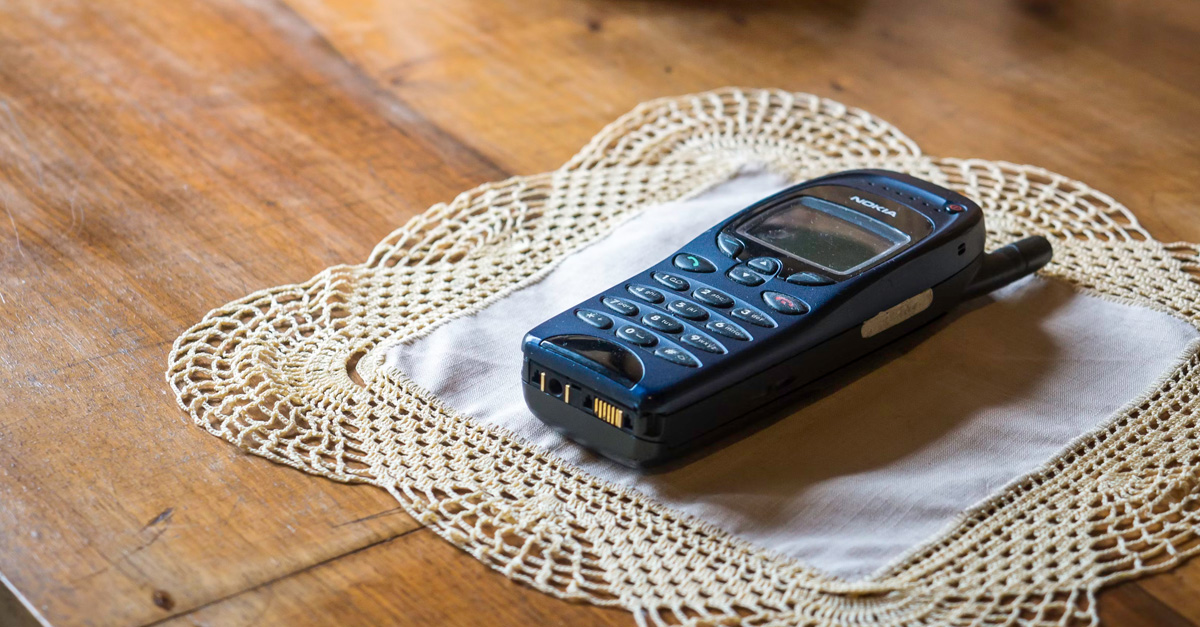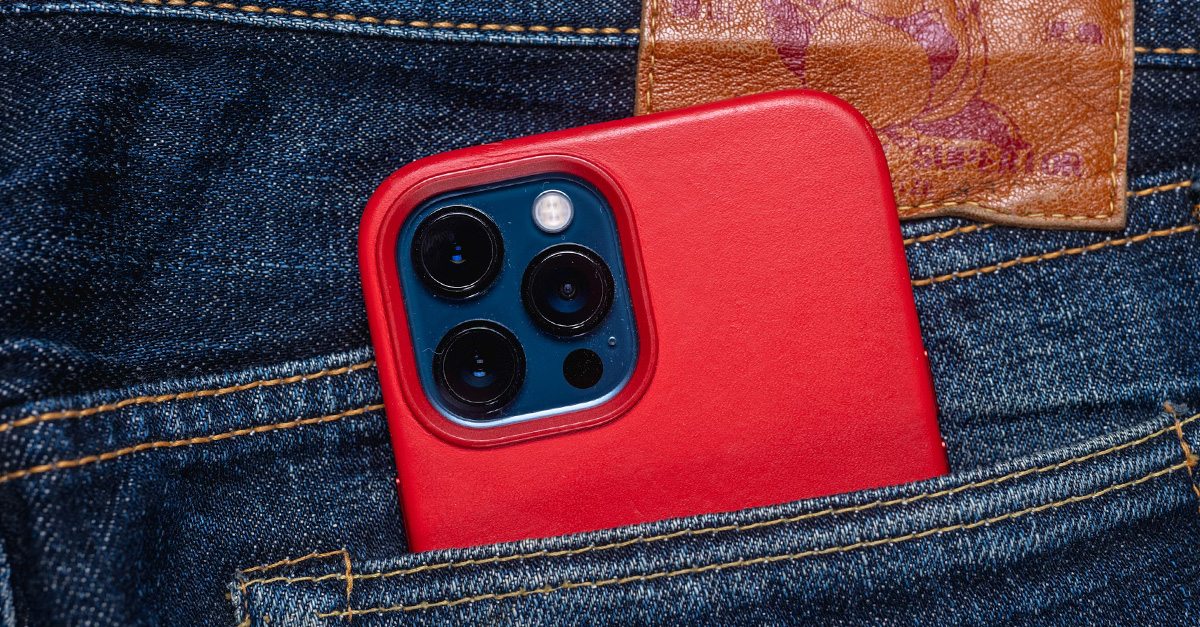
When Participants Don’t Want an App
Some participants just do not want another app on their phone. Not because they are unwilling to engage, but because they do not like notifications, have limited storage, or feel uneasy about data use. Others may have accessibility needs that make apps impractical. Whatever the reason, forcing everyone into a mobile app experience is not always the best route.
Let’s walk through some alternatives that still allow studies to collect quality data without asking participants to install anything.
1. Web-Based Interfaces
What it is: A secure website participants can access through a browser on any device.
Why it works:
- No installation required
- Works across phones, tablets, and laptops
- Easily updated without participant action
Best for:
- Simple diary entries
- Surveys and questionnaires
- Reviewing consent forms
Make sure the site is mobile-optimised and uses secure logins or magic links to reduce barriers.
2. SMS-Based Data Collection
What it is: Text messages with instructions or questions, with responses sent by reply.
Why it works:
- Familiar format for most age groups
- Does not require internet
- Minimal technical support needed
Limitations:
- Not ideal for complex question logic
- Requires planning around character limits and privacy
Useful for:
- Daily medication reminders
- Short symptom check-ins
- Visit confirmations
3. Phone Calls
What it is: Scheduled or on-demand voice calls for data collection, reminders, or support.
Why it works:
- Provides a personal touch
- Helps participants with low literacy or limited digital access
- Allows for clarification and conversation
This approach takes more staff time but can reduce dropouts in harder-to-reach populations.
4. Paper with Phone Support
What it is: A physical diary or logbook posted to participants, supported by occasional calls or SMS check-ins.
When to use it:
- Older participants who prefer paper
- Studies where digital access is patchy
- Trials where the physical act of logging is itself part of the intervention (e.g. diet records)
Hybrid approaches also work. For example, using a paper backup alongside a digital primary system. If a participant hesitates about an app, the goal is not to convince them otherwise. It is to find a method that suits their preferences and keeps them engaged. Participation should feel easy. Flexible tools make that possible. Whether it is SMS, web links, or a phone call... the best system is the one they are willing to use.
Use the contact form here or email us at hello@trialflare.com














